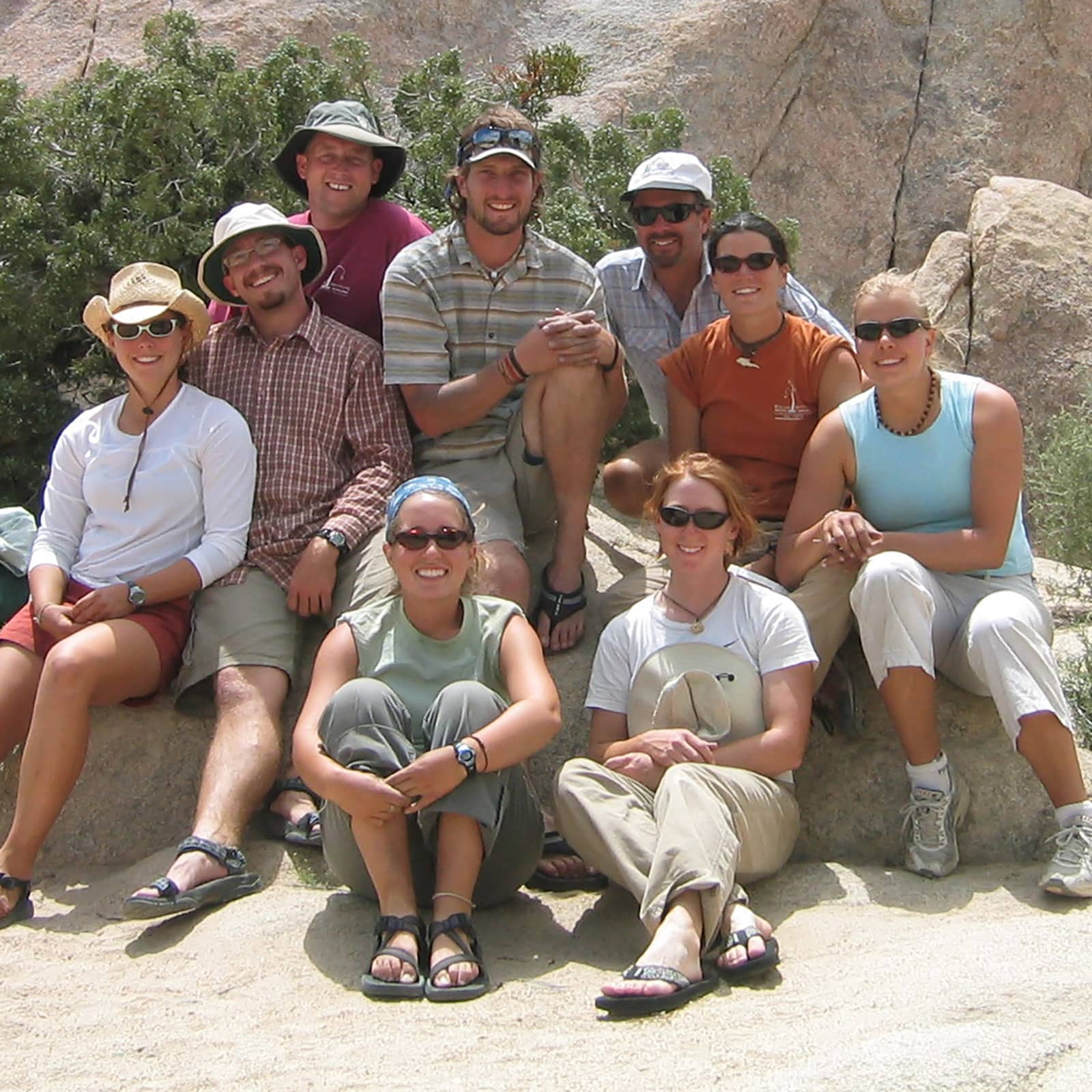Outcomes

Skills & Knowledge
Help ensure personnel have the requisite capacities for the job

Quality & Consistency
Provide a uniformly high-quality and comprehensive training experience for all personnel

Curriculum
Maintain clarity on training topics, timelines, methodologies and assessments

Record-keeping
Maintain the ability to provide convincing evidence that individuals received appropriate training experiences

Front-line staff, middle management and senior leadership all benefit from training. But training must be well-designed and appropriately delivered in order to be useful.
Viristar can help you develop and deliver effective trainings for staff and volunteers.
Viristar can help you establish answers to questions including:
- What topics are essential to be included in training?
- How often should various trainings be held?
- How do we assess if our trainings are adequate and effective?
- What documentation regarding staff training attendance and completion should we retain?
- How do we address the issue of in-person versus remote training?
- What does a high-quality training curriculum look like?
Viristar can help organizations develop staff training plans, policies, procedures, and operating systems, helping ensure that paid and volunteer staff have the necessary knowledge, skills and abilities.
Viristar’s training specialty areas include outdoor education, risk management and safety, environmental education, adventure-based learning, wilderness and remote medicine, nonprofit management topics, curriculum development, outcomes assessment and more.


The Viristar Advantage
Use Viristar’s deep experience in designing and conducting trainings to help you build a best-in-class staff training system, and help ensure personnel have the training they need.
Viristar has provided training guidance and training services to clients in over 60 countries on six continents, including to nonprofit organizations, government entities, small business, K-12 and higher education (primary, secondary, tertiary) education institutions, and others.


